Search
51314-4202-Failures of High Temperature Alloys in Ethylene Furnaces – Case Studies
Also Purchased
09159 Failure Experiences of Ethylene Cracking Tubes
Product Number:
51300-09159-SG
ISBN:
09159 2009 CP
Publication Date:
2009
$20.00
98430 COMPARATIVE PERFORMANCE OF SIX CAST TUBE ALLOYS IN AN ETHYLENE PYROLYSIS TEST HEATER
Product Number:
51300-98430-SG
ISBN:
98430 1998 CP
$20.00
02386 A NEW CARBURIZATION RESISTANT ALLOY FOR ETHYLENE PYROLYSIS FURNACE TUBES
Product Number:
51300-02386-SG
ISBN:
02386 2002 CP
Publication Date:
2002
$20.00




